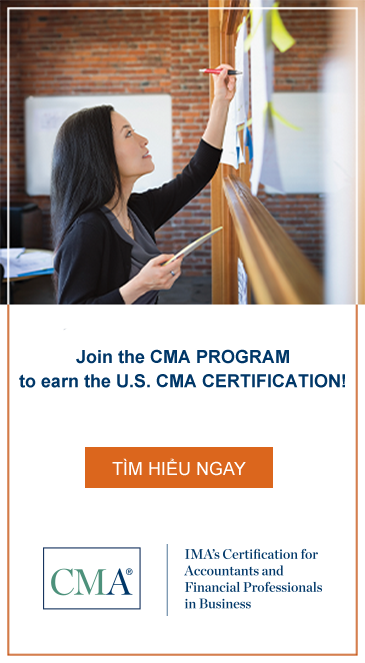
Hey, Future Self, Why Didn’t You Get That Certification?
Certifications are a stamp for professionals that they have expert knowledge and are part of a larger professional community.
“We regret the things we don’t do more than the things we do.” Mark Twain.
Professional certifications are difficult endeavors. Even though technology has made it far easier (with online self-study and practice exams), time and effort are still required. Often people have to pursue professional certifications at their own expense and spend their few non-working hours doing test prep. But the pay-offs can be worth it; higher salaries, increased credibility, and recognition from peers and superiors that you know a thing or two about the job you are doing. Certifications are also the thing that prevents your future self (who may have just been passed over for a promotion or rejected from a firm that they really want to work for) from experiencing the regret of never having tried.

Wikipedia1 has a close-to-exhaustive list of professional certifications. From actuary to welder, there are a host of certifications available to mark excellence and to advance professional development in a particular field. The word, “Profession,”2 actually comes from the Latin word, “profiteri” which means “to declare publicly.” So when you are a “professional” you mean to tell the world, “This is what I am good at. This is what other people recognize I am good at. This is why you can trust me.”
Certifications are a stamp for professionals that they have expert knowledge and are part of a larger professional community. Not many people know the strict credentialing standards professional associations must meet in order to offer certifications. The Institute for Credentialing Excellence (ICE)3 and American Society of Association Executives (ASAE)4 are two prominent organizations that ensure credentialing bodies and the executives who work for them are up to snuff.
As Forbes5 Coach, Natasha Bowman, reminds us, employers increasingly are leaving professional development and training up to workers to pursue on their own. So certifications are becoming more significant as “an affordable and less time-consuming way to pick up important skills.” Further, they provide a way to develop “industry-specific skills beyond what one may have learned in college.”
Many also bring up the salient fact that technology has increasingly made jobs specialized. While college and graduate programs can provide foundational skills in a given field, certifications offer more specialized knowledge6 and signal to employers that one has stayed current with trends because to maintain the certification entails earning continuing education credits.
There is no limit to the number of certifications (and confusing three letter acronyms) one can put after one’s name. But quality trumps quantity. So it is important to research what is the best certification for you, based on what you want to learn and where you want to go in your career. Looking at other people’s certifications on LinkedIn and finding someone whose career experience closely matches your own (or the one you aspire to) is a good strategy.
Sometimes people pursue certifications for a bump in salary. For example a very popular certification (held by over 100,000 people worldwide) is the Project Management Professional (PMP)® certification, offered by the Project Management Institute. According to PMI’s 2017 Global Salary Survey7, survey respondents holding the Project Management Professional (PMP) certification (82%) report higher median salaries than those without a PMP certification―23% higher on average across the 37 countries surveyed.
In accounting and finance, the salary bump also applies to the Certified Management Accountant (CMA) credential offered by the Institute of Management Accountants. According to IMA’s 2018 Salary Survey, finance professionals with a CMA earn 67 percent more in median total compensation than non-CMAs. This is especially true for young professionals; CMAs in their 30s have 74 percent more in total compensation when compared to their non-certified peers.
But young professionals are not the only ones to benefit from certifications. Older workers who want to remain relevant to their employers in the face of fast-moving technological changes and the need for new skills are often the ones seeking out continuing education opportunities and certifications. The AARP website8 features resources to help these workers and even published a recent article, “How A Certificate Can Boost Your Career.”
Finally, recruiters who are in the know about the value of certifications offer this advice:
“Certifications certainly can make a difference, but not all certifications are created equal.”
So do your homework. Glassdoor has recently published a list of “8 Certifications That Actually Impress Recruiters”9 and Monster has a number of resources related to certifications, including “Best Certifications To Boost Your Salary.”10
Because this is an accounting/finance blog, I would be remiss if I did not include a list of the “Accounting Certifications Employers Really Want to See”11 from Robert Half. In many cases, according to Robert Half, CFOs support certifications by either paying for all the costs (33%) or some of them (39%).
If you don’t try, you can’t fail. But the long-term rewards certification offers will not be available to you and someday you may just find yourself caring less about failing, and more about succeeding.
Source: imanet.org













